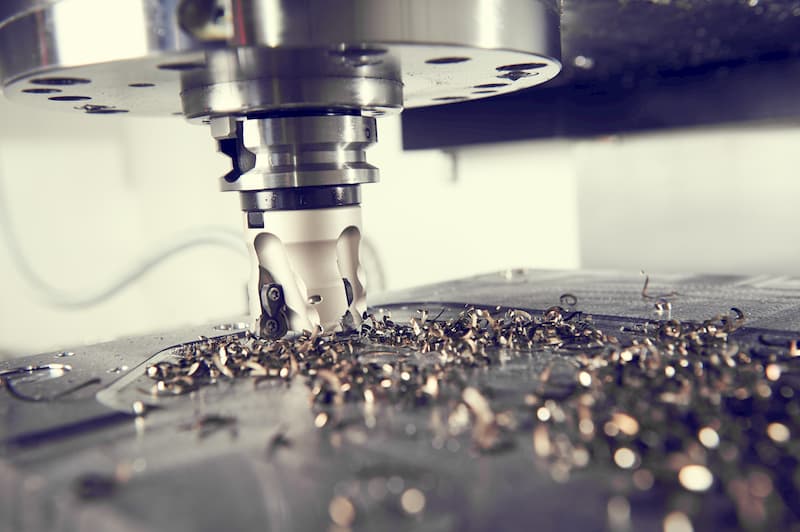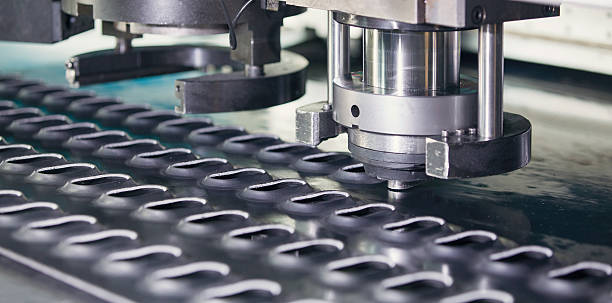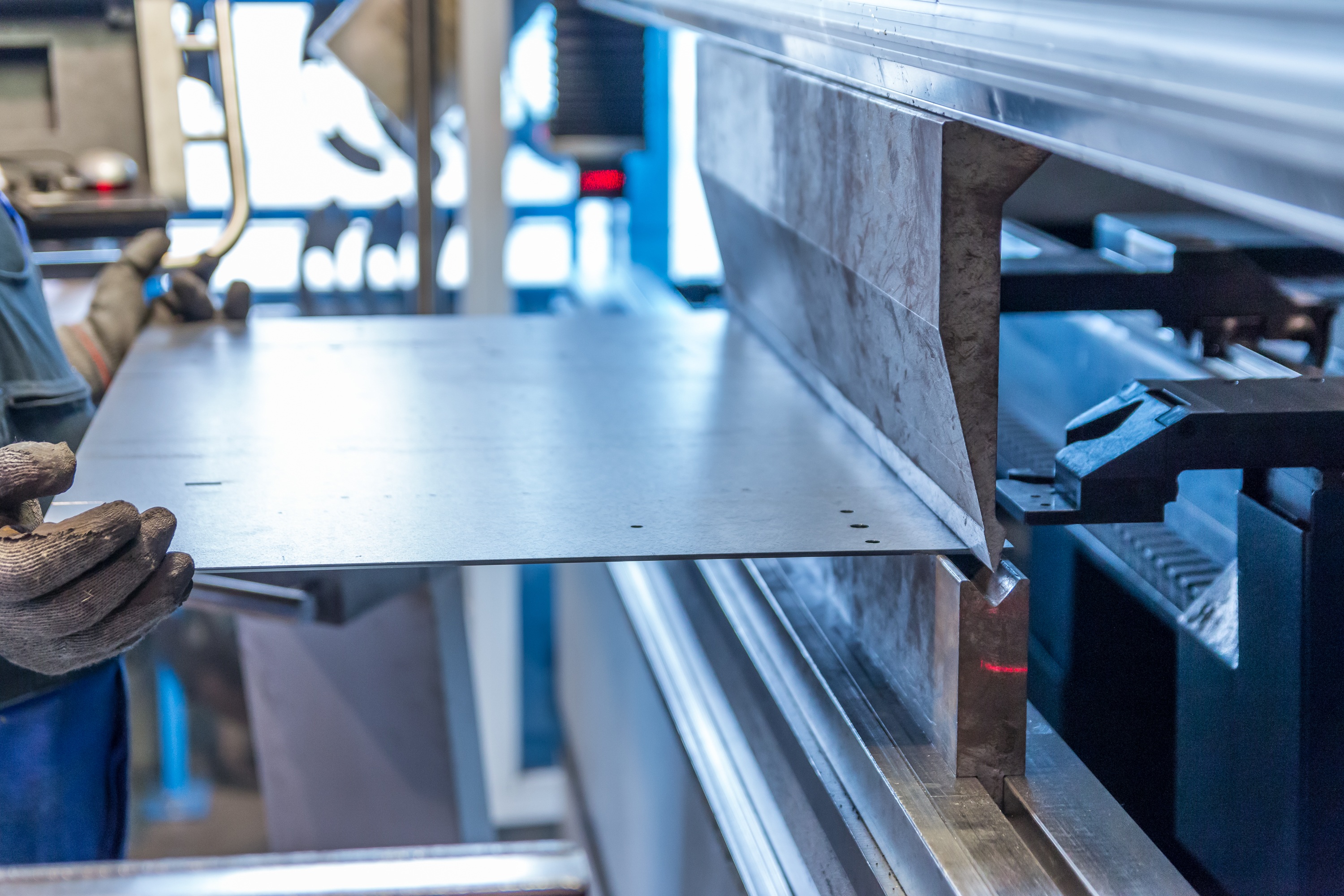Sheet metal processing: Comprehensive interpretation of the processing suitability of different materials+ View more
Sheet metal processing: Comprehensive interpretation of the processing suitability of different materials
+ View more
Date:2023-10-07 14:01
Due to its versatility and numerous applications, sheet metal processing has become an integral part of many industries. From industrial manufacturing to consumer product production, sheet metal fabrication provides cost-effective solutions for manufacturing complex designs and durable parts. In order to achieve the desired results, it is crucial to understand the range of materials suitable for sheet metal processing. This article aims to explain in detail the processing suitability of different materials, highlighting their characteristics, advantages and limitations.
One of the most commonly used materials in sheet metal processing is stainless steel.
Known for its corrosion resistance and high strength, stainless steel is an excellent choice for a variety of applications. Its heat and chemical resistance make it suitable for use in industries such as automotive, aerospace and food processing. Stainless steel can be easily formed, welded and fabricated, enabling complex designs and custom solutions. However, due to its high density, it can be challenging to cut and may result in higher processing costs.Aluminum is another popular material for sheet metal processing due to its lightweight and excellent thermal conductivity.
Widely used in aviation, electronics, construction and other industries. Aluminum has excellent electrical conductivity and is easy to process, form and weld. Additionally, because aluminium is naturally resistant to corrosion, it requires little maintenance. However, aluminium is less strong and more susceptible to deformation and scratching than stainless steel and requires careful handling during processing.Sheet metal fabrication also involves the use of carbon steel, which is known for its high strength and durability.
Due to its cost-effectiveness and availability, carbon steel is commonly used in industries such as machinery, automotive, and construction. It can withstand heavy loads and provides excellent structural integrity. Carbon steel can be easily welded, cut and formed into a variety of shapes. However, it is susceptible to corrosion and requires protective coatings or additional treatments to enhance its durability.Brass is a copper-zinc alloy often chosen for its beauty and excellent electrical conductivity.
Its pleasant golden hue makes it the material of choice for decorative applications, musical instruments, and electrical connectors. Brass is malleable and easy to shape, allowing for intricate designs and customization. It is highly resistant to corrosion and offers good durability. However, brass can be relatively expensive compared to other materials, and it has a low melting point, so it must be handled with care during processing.In addition to these common materials, sheet metal processing may involve a variety of other metals and alloys.
Copper, for example, has excellent thermal and electrical conductivity and is widely used in wires, heat exchangers and pipes. However, copper is susceptible to corrosion and often requires protective coatings. Titanium, on the other hand, is known for its high strength-to-weight ratio, making it suitable for aerospace and automotive applications. However, its high cost limits its use in specific industries. Other materials such as nickel, bronze and zinc can also be machined, each with their own unique properties and applications.
There are several factors to consider when choosing the right material for sheet metal processing.
First, the intended application determines the required properties and characteristics of the material. For structural components, high strength and durability are critical, while electrical conductivity and corrosion resistance are critical for electrical and electronic applications. Secondly, the existing processing technology and equipment of the sheet metal processing plant play an important role in the selection of materials. Some materials may require specialized tools and processes to manufacture efficiently.Customization is an important aspect of sheet metal processing, allowing companies to create unique designs and tailor-made solutions. Sheet metal fabrication shops should have the necessary expertise, equipment and flexibility to meet specific customer requirements. By understanding the range of materials available and their suitability for processing, manufacturers can provide comprehensive solutions for different industries and applications.
Conclusion:
In summary, sheet metal fabrication is a versatile and cost-effective method for manufacturing a variety of parts and products. Choosing the right materials is critical to achieving the desired performance and functionality of the final product. Stainless steel, aluminium, carbon steel and brass are commonly used materials, each with unique benefits and limitations. In addition, other materials such as copper, titanium, nickel, bronze and zinc can also be processed according to their specific properties. By considering factors such as intended application and processing capabilities, sheet metal fabricators can provide comprehensive customized solutions to suit different industries and applications.
Share to:
Recommend wonderful blog posts

